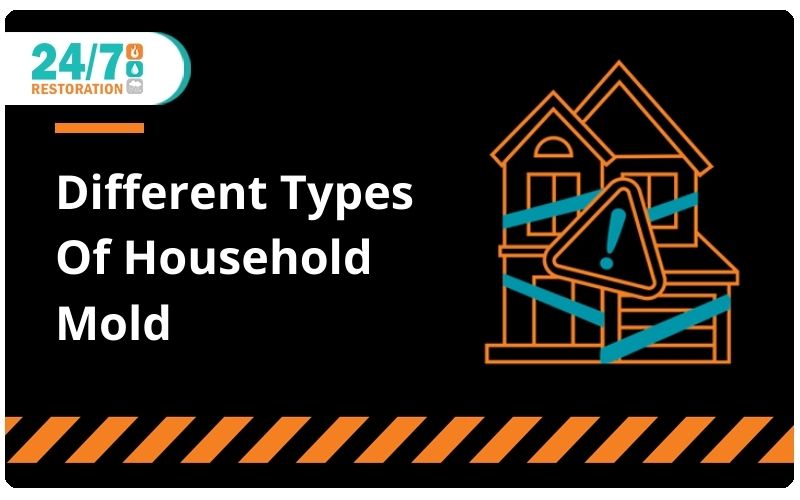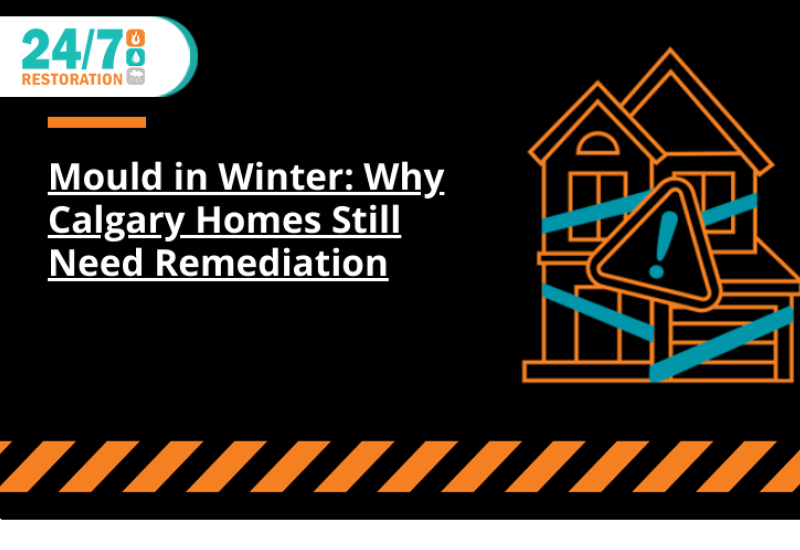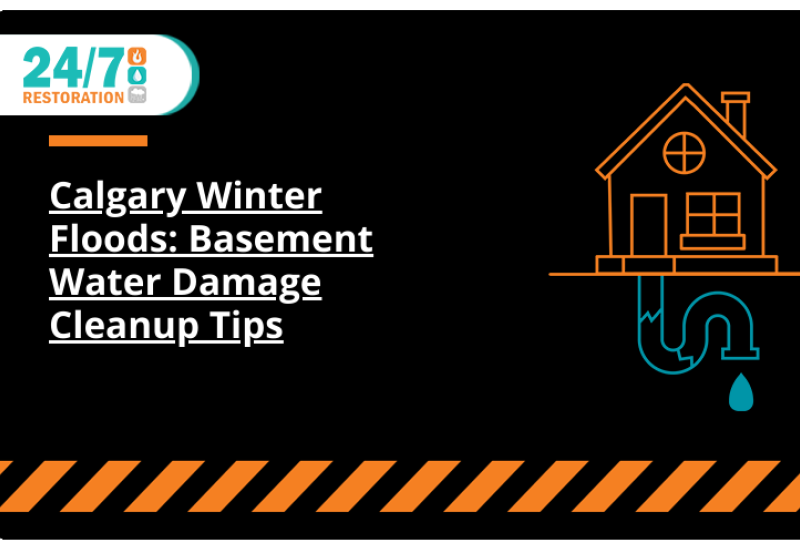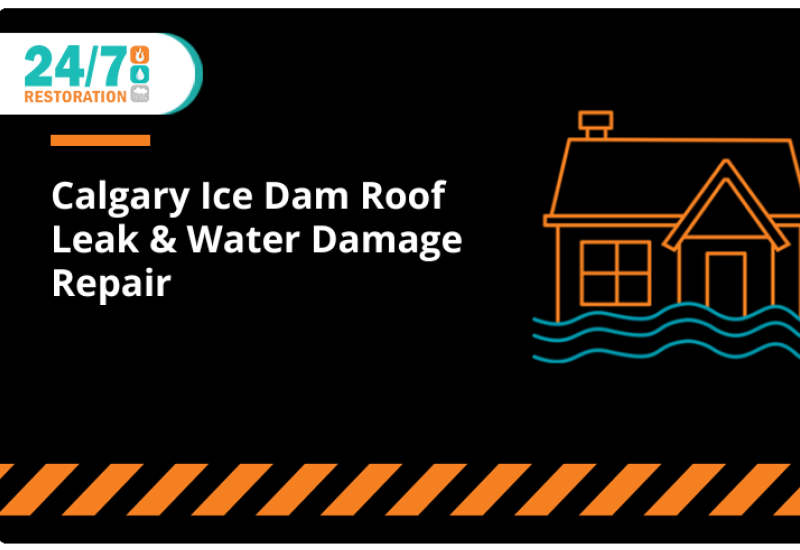Classifications Of Mold
Allergenic Mold
This is the most common type of household mold and people who are not allergic to mold will not be affected by small quantities of it. Allergenic mold can trigger allergies and asthma in those with a pre-existing condition or sensitivity.
Pathogenic Mold
This type of mold can cause illness, although most people with good immune systems can often fight off the effects of pathogenic mold. It is most dangerous for people who are immunocompromised, the elderly, and small children.
Toxigenic Mold
Despite the name, this type of mold is often not toxic on its own, but it is capable of producing mycotoxins that can be dangerous. Mycotoxins harm living things and are known as some of the deadliest chemicals on the planet. Mycotoxins can cause damaging effects when they come into contact with the skin, are inhaled, or are ingested. The chance of having toxigenic mold in your house is low, although not impossible.
Learn more about the types of mold and their associated dangers by reading
Clean Air Day: Mold And Indoor Air Quality.
Types Of Mold
Aspergillus
This is both an allergenic and toxigenic mold, depending on the species. Most commonly, the allergenic form of this mold is found in the home and it typically grows in walls, compost, and leaf piles in thick patches. To prevent Aspergillus, keep your windows closed when construction or digging is happening outside and use air filters to prevent the entry of Aspergillus spores into the house.
Penicillium
This common indoor mold is an allergenic mold that often grows after water damage has occurred. If your home has incurred water damage, it is best to remedy it quickly, as Penicillium spreads very quickly and can destroy walls, carpets, furniture, insulation, and more. This mold often appears as a velvety texture in shades of blue and green.
Alternaria
This allergenic mold tends to develop in areas with moisture, such as the bathroom and under sinks. It is very common to find this mold in bathtubs and showers, window frames, carpets, and HVAC systems. Alternaria can be identified by its velvety texture and brown or dark green hairs.
Cladosporium
This very common household mold is often found on plants, both living and dead. It is an allergenic mold that can range in colour; sometimes it appears olive green, sometimes brown, and sometimes black. Because of its colour, many people mistake this form of mold for the famously toxic Black Mold. Although Cladosporium is only an allergenic mold, most people are unable to tell the difference and if you suspect that Black Mold is growing, you should contact a professional to be safe.
Stachybotrys
This is one of the few types of toxigenic mold that is found in the home. Stachybotrys is more commonly known as Black Mold even though it can also present as a dark green colour. Typically, Black Mold is found in basements, bathrooms, or laundry rooms, as it thrives in spaces with high humidity. This type of mold typically grows on cellulose materials, such as wood, paper, and cardboard. Because of the toxicity of black mold, it is best to not attempt to remove it yourself, as you may inhale the mold spores. Instead, call professionals for mold removal.
Mold Remediation In Calgary
If you have mold growing in your home, it can pose a health risk to you and your family. While some forms of mold will only trigger allergies, other forms of mold can be very dangerous. Mold removal needs to be done with stringent safety precautions in place and should only be attempted by professionals, particularly if you suspect it is toxigenic mold. For professional mold removal and remediation, call 24/7 Restoration in Calgary. Our team of specialists will remove mold in its entirety so that no mold spores remain and regrowth doesn’t occur. To have your mold removed by skilled professionals, call 24/7 Restoration at 1-403-247-4365 or fill out the online contact form.
FAQ
Q: How can I prevent mold?
A: Some ways to prevent mold are to:
- Keep your house dry, particularly rooms that are frequently exposed to moisture or have poor circulation
- Fix any leaks in the home
- Turn off humidifiers if the windows show condensation/fog
- Don’t leave wet material sitting in an enclosed space
- Clean humidifiers and dehumidifiers often
Read Tips To Prevent Summer Mold for more details.
Q: Where is mold most likely to grow?
A: Mold tends to grow in damp places with organic materials. Bathrooms, laundry rooms, and under sinks are all prone to mold growth. Read Check These Common Places For Mold In Your Home to learn more.
Q: What happens if mold is not removed from my home?
A: Mold in the home for a prolonged period can trigger allergies or lead to mold sickness. Some of the symptoms of mold exposure are:
- Irritation of the eyes
- Signs of allergies such as sniffling, sneezing, and coughing
- Rashes
- Headaches
- Respiratory issues such as wheezing, sore throat, and complications of the lungs




